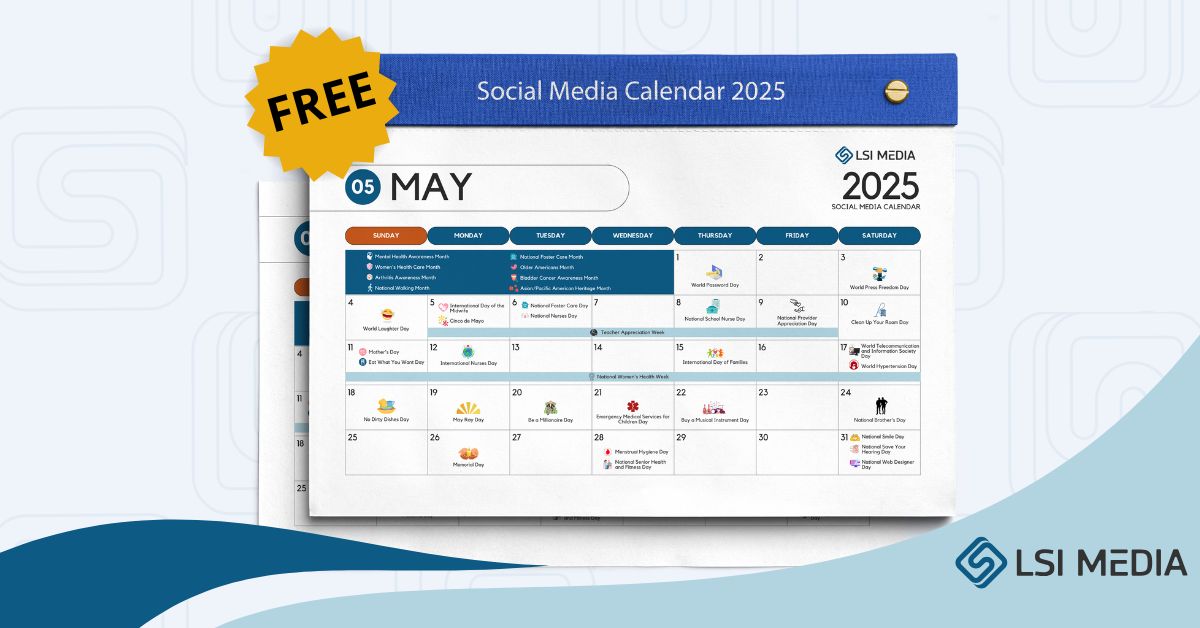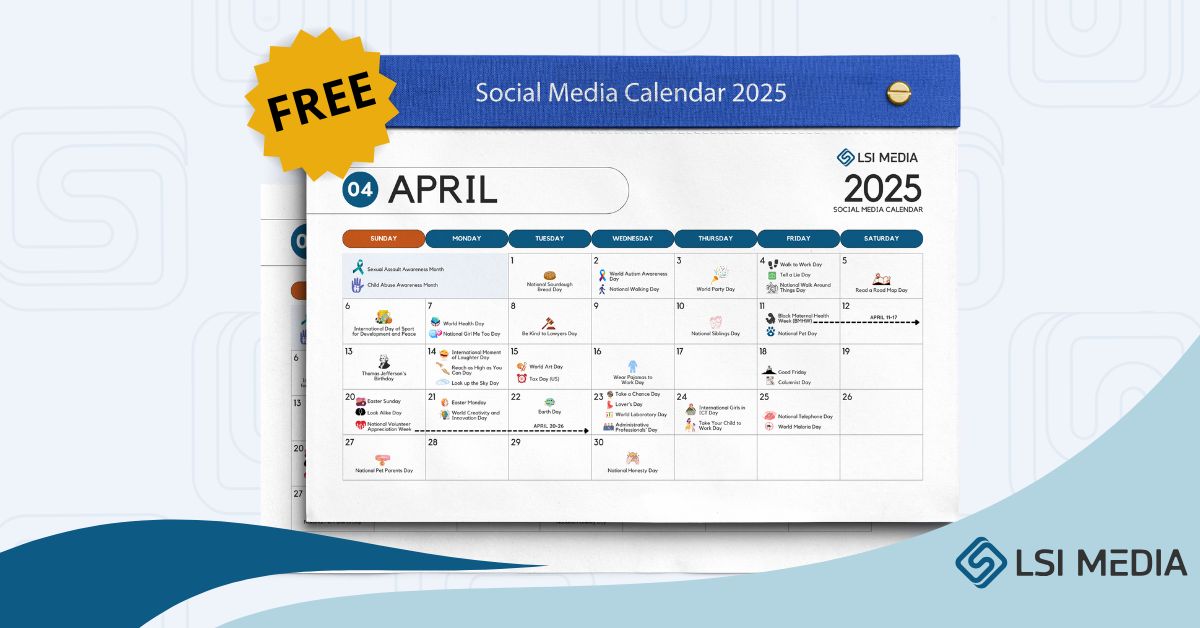[ez-toc]
The Marketing World Now Sees Social Media as a Major Player
Social media marketing has always been considered the wildcard of the marketing world. It was part of a marketing world reserved for trainees and interns to start their careers by introducing brands and other things into the mainstream using social media until such time that the heavier marketing forms can be brought in. Not anymore. The marketing world has matured, and social media has proven to be one of the most powerful tools in a marketer’s arsenal.
Today, social media marketing strategy is both advertising and customer relationships. You hear about targeting specific market niches with such pinpoint accuracy while developing customer relationships by listening in on comments and posts to get the feel of what customers are saying about the products and services of the company. It is also being able to interact with customers to open discussions with them on how to improve products and to get them to share different content you post with others. It is also all about developing customer loyalty.
Social Media in Marketing Must Be Able to Solve Challenges
Often a website or business may face some marketing difficulties due to sticking to marketing strategies that aren’t really compatible with the business goals. You’ll know if your marketing is in dire straits when:
- Your website traffic is dipping.
- Customer loyalty is dipping.
- Your positive brand reputation is getting a beating.
- Many people are not aware that your product exists.
You can actually turn to a well-planned and executed social media marketing strategy to solve those marketing challenges. How quaint that only a few years ago the situation was the other way around. So, here’s how social media can meet your website’s challenges:
Low website traffic
To overcome this challenge, the marketing team can focus on creating different content with direct links to the website. Try to pair the post with similar and useful content on the website and try concentrating on subpages and company images that can enhance the position of your website as a brand with resourceful use. This should somehow increase traffic that the other marketing efforts can follow up on.
Low customer retention
While traditional marketing sees a sale as the finished product, social media ensures that you hear from customers after they buy, the chance to provide support for a customer using the product, communicate with the customer, and ultimately engage and develop the customer in a relationship. This good social relationship with your customers can translate to a better perception of your brand, and you will see more customers sharing with others and posting better comments.
Low positive brand reputation
If your brand is getting a poor reputation, often it might not be the product’s fault, but rather faulty customer service. Always use social media to respond to all customer questions, complaints, and inquiries almost immediately that they are posted or commented on. The timely response alone will improve your customer service and brand reputation greatly.
Be Aware of Low Brand Awareness in the Marketing World
This might be because your marketing efforts are targeting a too broad audience. Social media marketing strategy has the ability to fine-tune a marketing effort by targeting a specific niche market based on age, gender, and even location, depending on the product you’re selling. You can create relevant social media content, and relevant hashtags, or study industry influencers how your product stacks up with the competition.
FAQs:
1. Is social media marketing still effective in today’s marketing world?
Yes, social media marketing is still highly effective and has evolved into a crucial aspect of any successful marketing strategy. It helps businesses connect with their target audience, increase brand awareness, drive website traffic, and generate leads.
2. Which social media platforms should I focus on for my marketing efforts?
The choice of social media platforms to focus on depends on your target audience and business goals. Facebook, Instagram, Twitter, LinkedIn, and YouTube are some popular platforms that offer different demographics and engagement opportunities. It’s important to research and analyze where your target audience is most active.
3. How can social media marketing help my business grow?
Social media marketing can help your business grow by increasing brand visibility, expanding your reach to a wider audience, engaging with customers on a personal level, driving traffic to your website, and generating leads that can convert into sales. It also allows you to gather valuable insights and feedback from your audience.
4. What are some key strategies for successful social media marketing?
Some key strategies for successful social media marketing include defining your target audience, creating compelling and shareable content, engaging with your audience, utilizing hashtags and keywords, running targeted advertisements, leveraging influencers or brand ambassadors, and analyzing your performance metrics to optimize your strategy.
5. How often should I post on social media?
The frequency of posting on social media depends on your audience and platform. Generally, it is recommended to post consistently without overwhelming your audience. You can start with a few posts per week and gradually increase or adjust based on audience engagement and metrics.
6. Does social media marketing only work for certain industries?
No, social media marketing can be effective for a wide range of industries. While certain industries may naturally have a more engaged audience on social media, any business can benefit from creating a strong presence and building relationships with its target audience through platforms that align with its industry.
7. How can I measure the success of my social media marketing efforts?
Measuring the success of your social media marketing efforts involves tracking key performance indicators (KPIs) such as engagement metrics (likes, comments, shares), reach, website traffic, conversion rates, lead generation, and customer feedback. Tools like Google Analytics, social media analytics, and CRM software can help you gather and analyze this data.
Video Source | YouTube Video





















